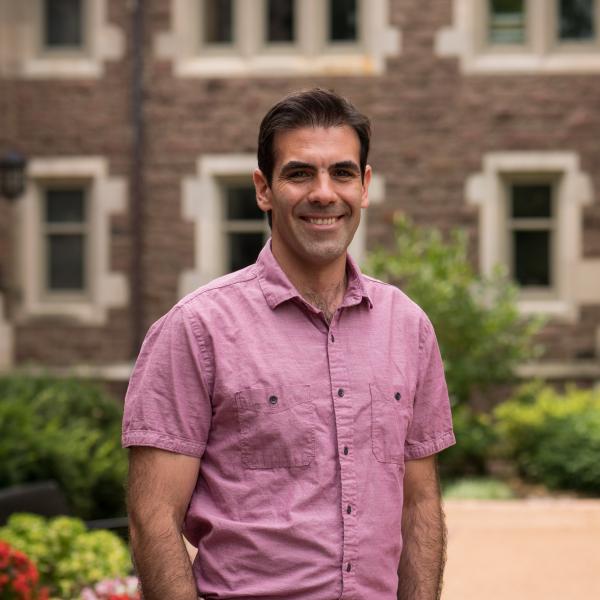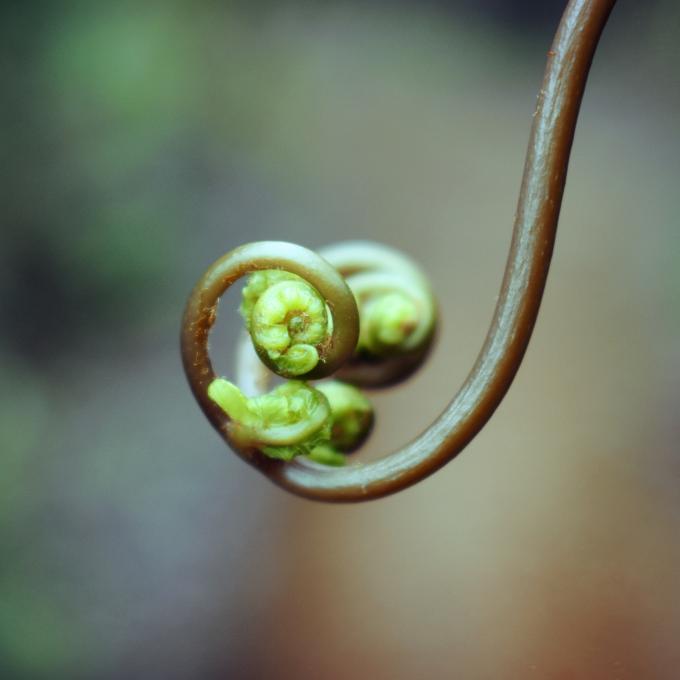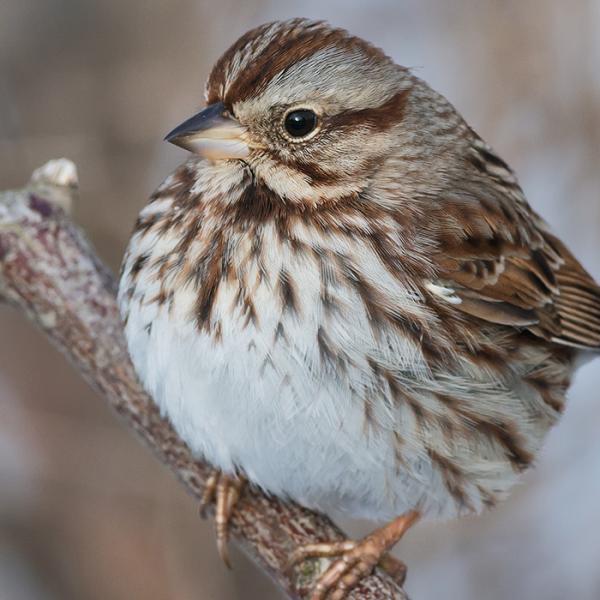Carlos Botero's laboratory uses a variety of tools from ecology and evolutionary biology to explore how life, from bacteria to humans, copes with and adapts to repeated environmental change.
Using theoretical models, large-scale comparative analyses, and experiments in the lab and the field, the Botero lab seeks to uncover how the evolutionary process changes under fluctuating selection and increased environmental unpredictability. The lab's goals are to discover general principles in biology and to shed some light into the mechanisms that drive them.
Three areas of current interest in the Botero lab are:
Eco-evolutionary dynamics of extreme environments
Environmental stochasticity and frequent exposure to environmental extremes promote the evolution of a variety of adaptations (including bet hedging and enhanced cognition). We are actively investigating the feedback loops between ecological parameters and evolutionary responses to extreme environments in wild bird populations.
Cultural evolution
Human groups have developed over time a variety of beliefs, social norms, subsistence strategies and ways to interact with the natural world. Such remarkable cultural diversity has often resulted from the gradual accumulation of changes in behavior and beliefs that sometimes (but not always) parallels the process of genetic evolution. We are part of an exciting multinational collaborative effort that is developing the tools of ecology and evolutionary biology to better fit the study of cultural diversity and cultural evolution.
Experimental evolution
Theoretical principles drive the research at the Botero Laboratory and new lines of work are often started in our group by formalizing ideas with the help of evolutionary models. At Wash U, our lab is taking our experimental evolution work from strictly in silico (i.e., individual-based simulation modeling) to in vivo using evolving populations of yeasts. This exciting new component of our lab is allowing us to test classic hypotheses in ecology and evolution and is already informing our efforts in developing new theory.


